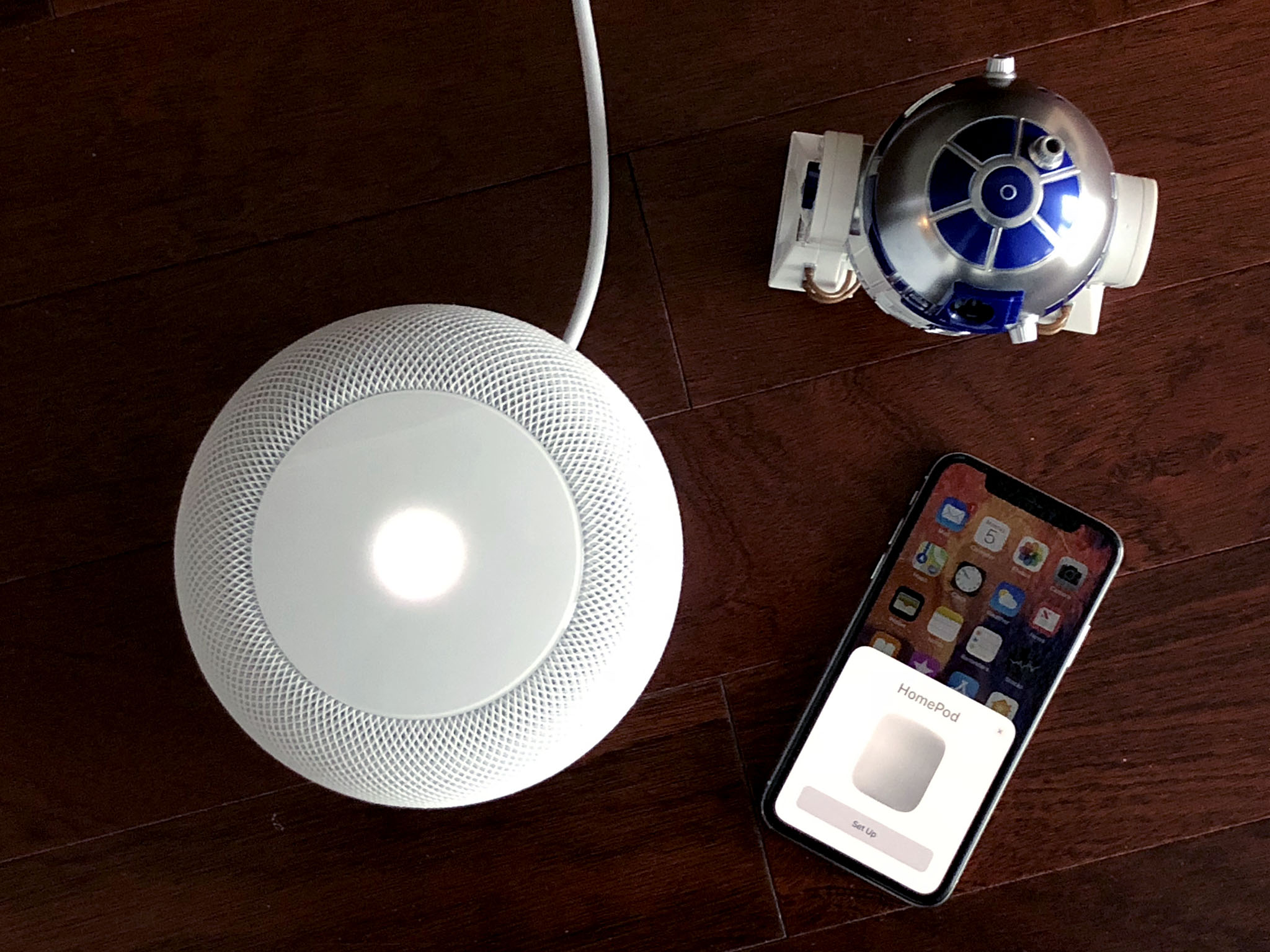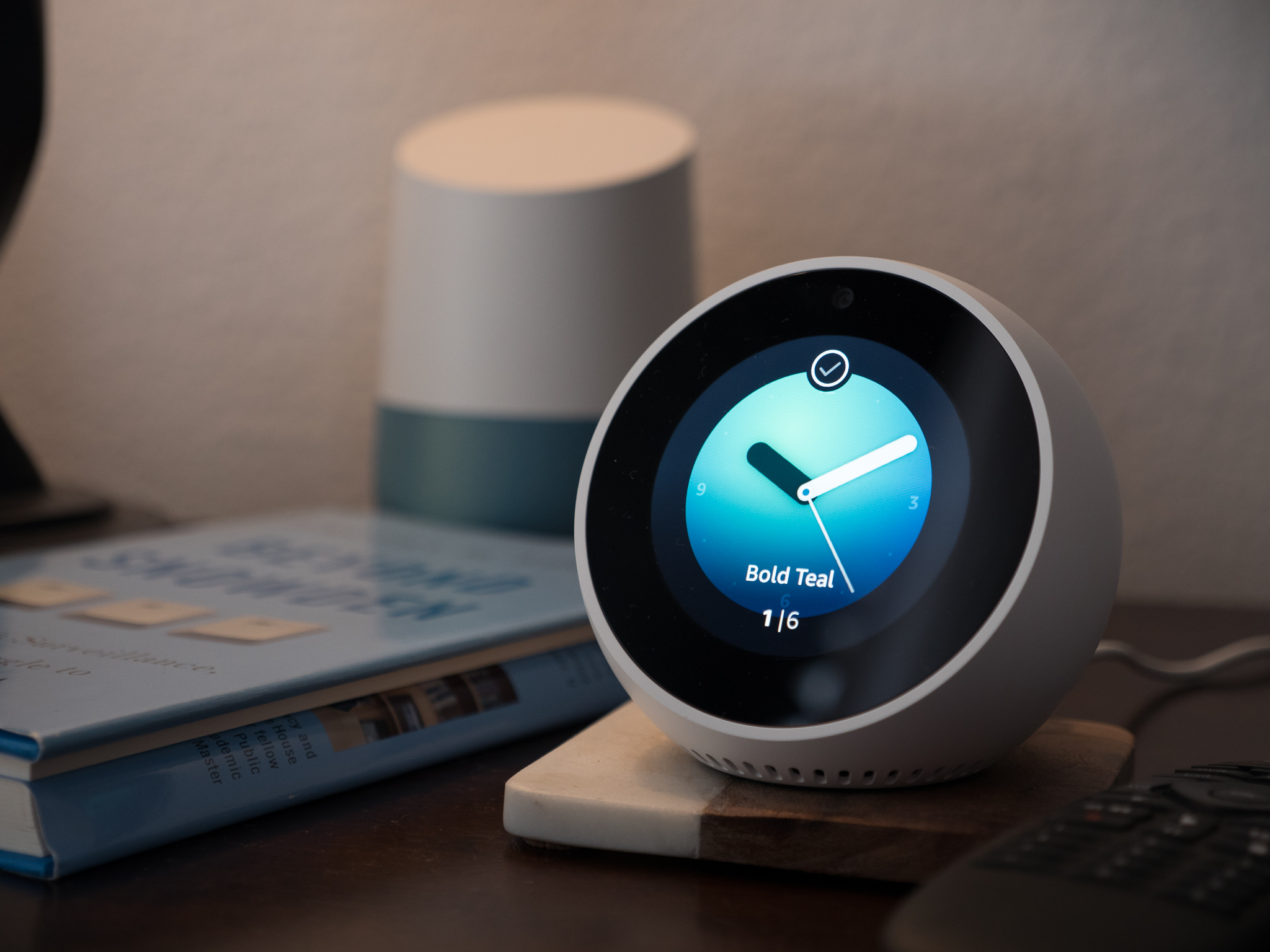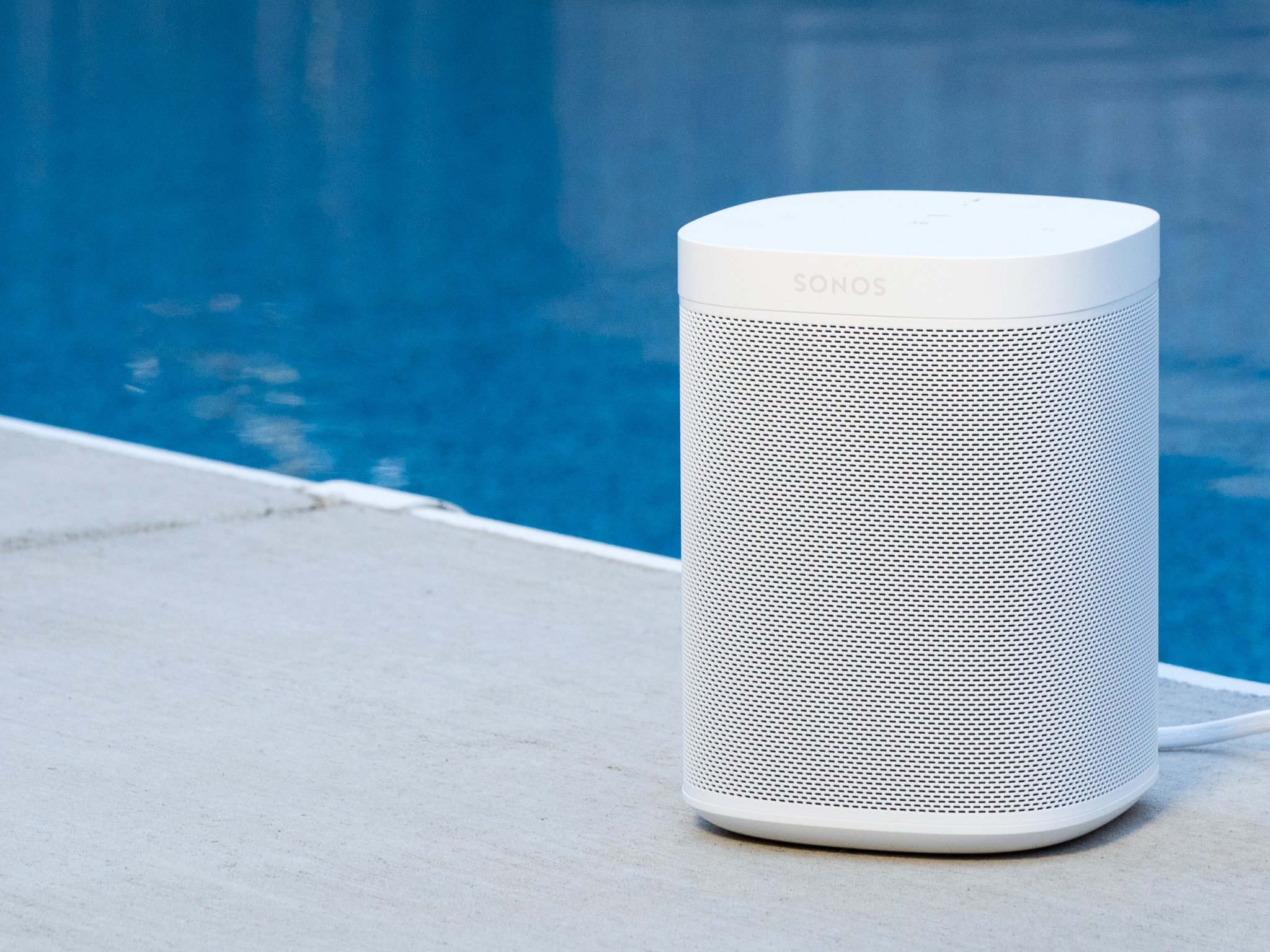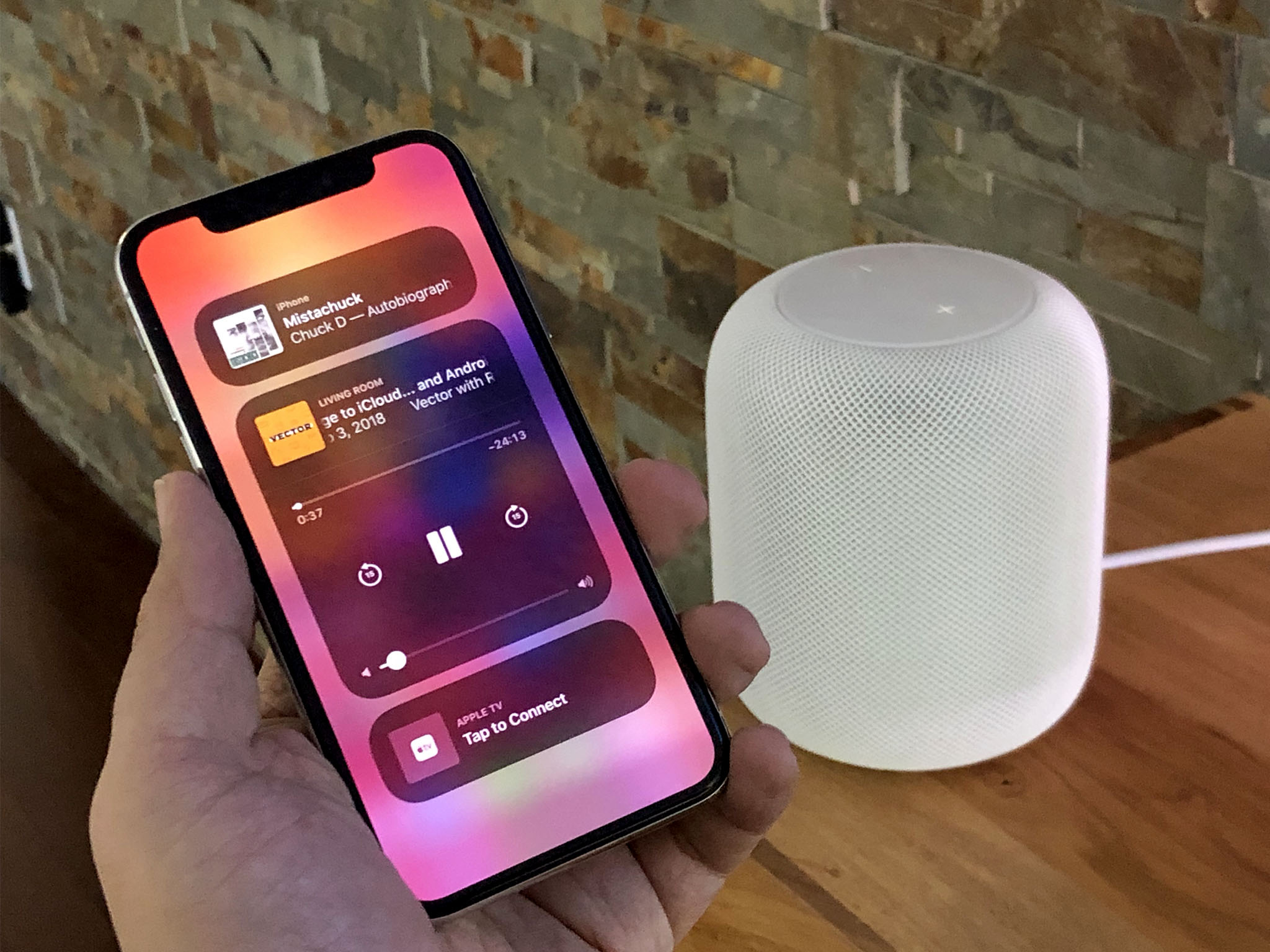HomePod in the age of Artificial Intelligence

To be clear, while we currently have several artificial intelligence (AI) assistants on the market, and all of them succeed brilliantly at being artificial, none are particularly intelligent. Think of them more as idiot savants. They do a few things, and very few of them well. Everything else is a frustration of one kind or another, even for the most rudimentary tasks.
Home court advantage

Part of the value of these AIs is their availability. If I have to open an app, press a button, or unlock my phone, it's often not worth the trouble. That's why "Hey Siri" on iOS, "OK Google" on Android, and "Alexa" on Amazon devices work best. Saying "OK Google" on an iOS device isn't going to get you far. Likewise "OK Google" to an Echo.
There are attempts to bring different AIs to different platforms (except for Siri which is only on iOS) but since none will respond to a direct command, most users will use the de-facto AI on their device. Likewise, connected speakers from Google, Amazon, and Apple will be fired directly into that platform's ecosystem. Don't ask Siri to play something from Google Music. If you're investing time in an AI you're tying yourself further into that vendor's ecosystem. That's why the vendors make 'em.
From phone to home
From phone to home – Siri helped pioneer the AI assistant market (and, as the oldest, is starting to show its age). Apple scooped it up and put it on phones, starting with iPhone 4s. Google followed fast. Amazon hasn't had a successful phone product so Alexa's debut was on the connected Echo speaker.

But it will be the living room, not the pocket that will ultimately define the market for these devices. The challenge will be for vendors to get users into a different ecosystem than what exists on their phones. So far, Amazon, Google, and Apple's devices are closely connected to their OS services
Both Google and Amazon are touting their AIs as a purchase driver. Apple, however, has downplayed Siri in HomePod. HomePod is presented on the strengths of its audio capabilities. That audio is tied directly into Apple Music and iTunes, or through Airplay on a second device — but Siri will mostly ignore anything that's not Apple's.
HomePod is designed for iOS users that are already part of Apple's ecosystem. Given the relatively high cost, it isn't likely to drive new users to the platform. HomePod is relatively cheap for a good speaker, but it's a relatively expensive solution from an AI perspective. Time will tell if users are willing to pay the Apple price. Google is leveraging not only Android users but Google services users. Given that base, and a relatively open platform, Google has the ability to use the living room as one more place to drive services. At a time when services are becoming a larger source of revenues, it will be interesting to see how Google fares with devices that range from the entry-level Google Home Mini to the more-expensive-than-HomePod Google Max.
Master your iPhone in minutes
iMore offers spot-on advice and guidance from our team of experts, with decades of Apple device experience to lean on. Learn more with iMore!
Amazon is perhaps the most interesting. The Echo with Alexa was the first device to plug AI into the living room. Followed by the low-end Echo Dot at $49 Amazon is poised to take the leadership position on 2018. The open platform has left Alexa with the most capabilities. Any developer can easily add a skill. For example, I say "Alexa, ask the Rabbi what time does the Sabbath start?" and I'll get a correct answer. Amazon's efforts to drive Alexa into a multitude of places and devices through the home make it the most versatile of the AIs. Of course, tied into the Amazon purchase ecosystem makes Alexa the device that keeps on giving… to Jeff Bezos.
Automate me

All three platforms tie into connected home ecosystems through support for 3rd party devices directly or, in Apple's case, through HomeKit. If you have a connected device such as lights, security cameras, a thermostat, or door lock, odds are it will be supported. But not all assistants will talk to all devices. Caveat emptor.
I have no doubt that AI growth in the home, mostly through connected speakers, is going to explode this year. But several questions remain. Will users stay in their phone and tablet ecosystem and services or will they be swayed by other features that are platform neutral or cross-platform, such as devices that support Spotify as a third party service, can handle the basic tasks that users want, such as time, weather and news. Will hardware features such as high-end audio drive purchases. And will my home AI, after reading this column, lock me out of my house and try to kill me?
Kidding. Mostly.
I’ve covered the personal technology beat for more than two decades at places like Gartner, Jupiter Research and Altimeter Group. I’ve also had the fun of contributing my $.02 on the topic at Computerworld, Engadget, Macworld, SlashGear and now iMore. Most recently I spent a few years at Apple as Sr. Director of Worldwide Product Marketing. On Twitter I’m an unverified @gartenberg. I still own some Apple stock.

